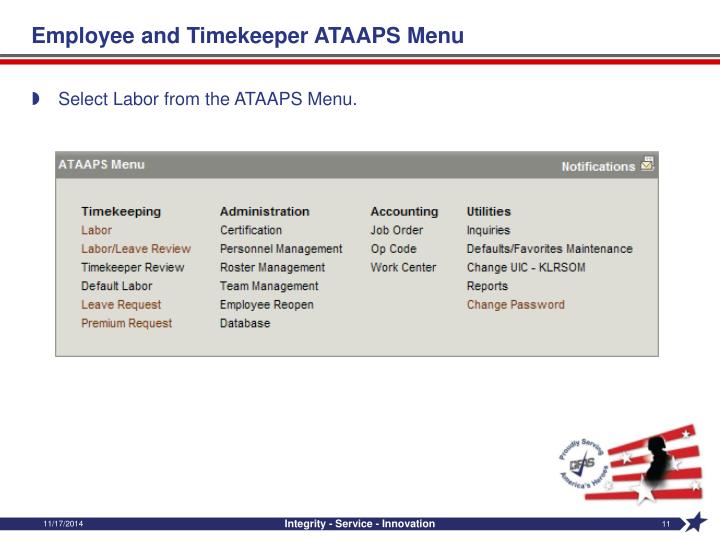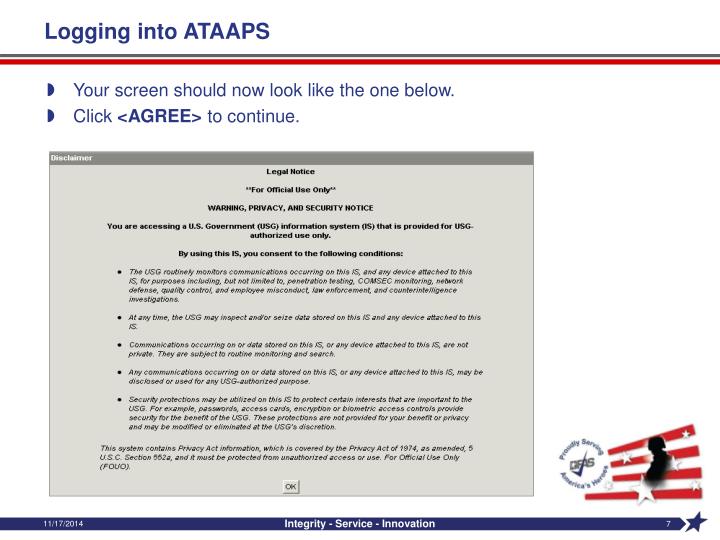

This in turn allows the administrator to fully place the needs of the community first and arrive at more appropriate solutions to problems. The research found that contracting from a pragmatic approach can relieve public administrators of their ideological bases, allowing them to approach problems more objectively. The research further applied these pragmatic principles using a case study method with the City of Austin, Texas as the study environment. Also through review of the literature, the research explored a new way to analyze contracting based on four principles of classical pragmatism: practical, pluralistic, participatory, and provisional orientations. Reviewing the literature, the research explored the nature of public service contracting, highlighting its strengths and weaknesses. Critics argue its emphasis is stemmed in dangerous ideology and that such emphasis on contracting has led to less accountability, reduced quality, and even greater inequity among communities.

This rationale, however, has been met with challenges. The primary rationale behind its increased use has been to compensate for government deficiencies, namely inefficiency and higher costs in delivering public services, and dissolve government monopoly. It has particularly enjoyed increased use since the 1970s with the emergence of public choice and other economic theories. Deeply rooted in American history, contracting has become a common method for providing public services. Contracting is but one such tool however, with increased use over the past several decades, it has become an interesting factor in the study of public administration. Serving as the ambassadors of public wellbeing, they are privy to an array of useful tools by which to achieve this goal. See User Agreement for details.Public administrators are responsible for providing public services to ensure the health, prosperity, and wellbeing of their communities. Such communications and work product are private and confidential. Notwithstanding the above, using this IS does not constitute consent to PM, LE or CI investigative searching or monitoring of the content of privileged communications, or work product, related to personal representation or services by attorneys, psychotherapists, or clergy, and their assistants. This IS includes security measures (e.g., authentication and access controls) to protect USG interests-not for your personal benefit or privacy. Communications using, or data stored on, this IS are not private, are subject to routine monitoring, interception, and search, and may be disclosed or used for any USG-authorized purpose. At any time, the USG may inspect and seize data stored on this IS.

By using this IS (which includes any device attached to this IS), you consent to the following conditions: The USG routinely intercepts and monitors communications on this IS for purposes including, but not limited to, penetration testing, COMSEC monitoring, network operations and defense, personnel misconduct (PM), law enforcement (LE), and counterintelligence (CI) investigations. Government (USG) Information System (IS) that is provided for USG-authorized use only.


 0 kommentar(er)
0 kommentar(er)
